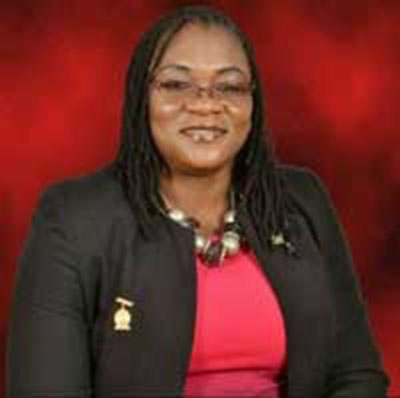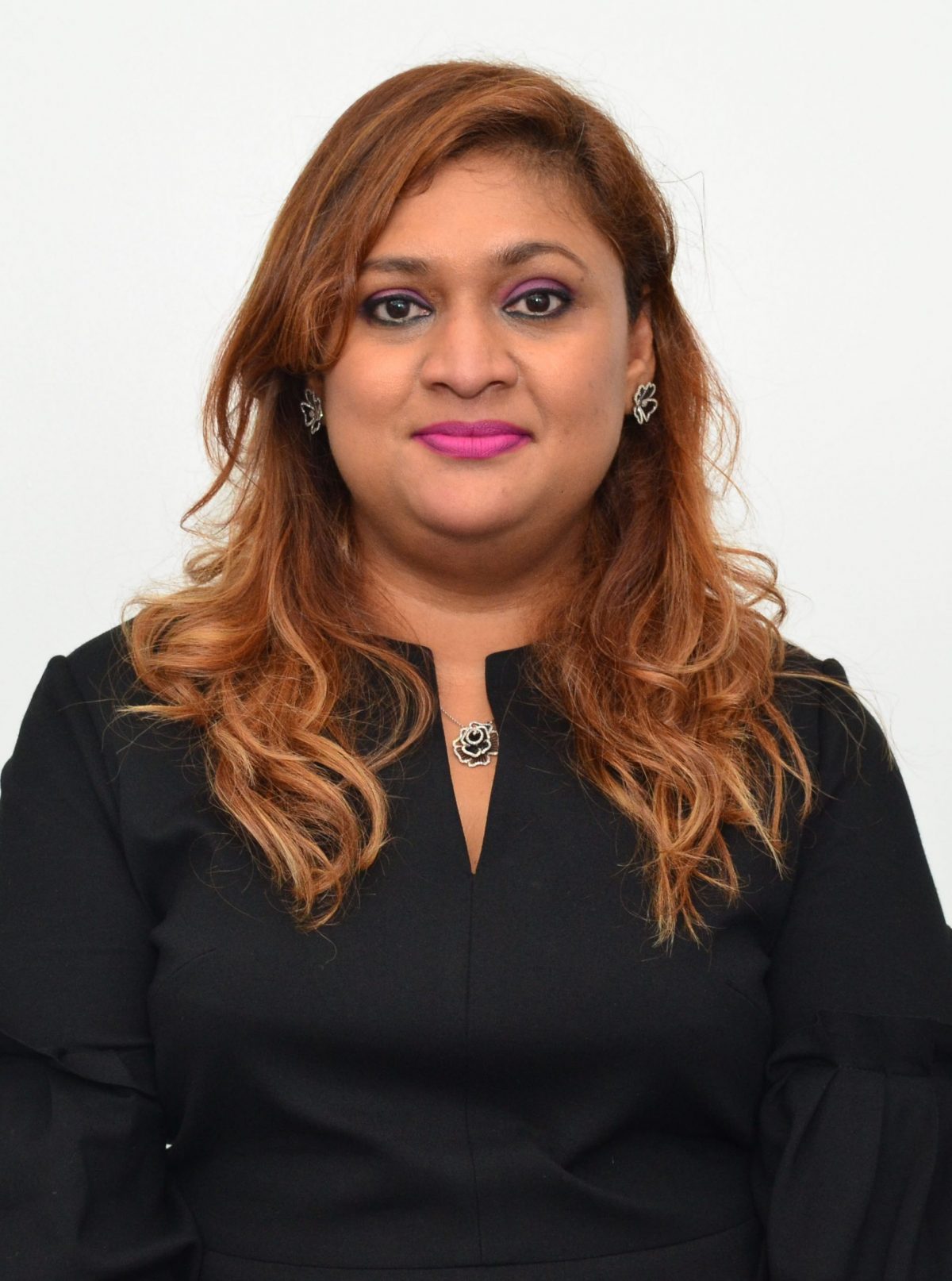After consulting with stakeholders, Minister of Education Priya Manickchand yesterday announced that schools will not be reopened on September 7th for the Christmas term as a result of the continuing COVID-19 pandemic.
In a video broadcast, Manickchand informed the nation that academic engagement would be carried out in the way it has been since March—virtually, or in some cases, via textbook learning. This approach, she said, will hopefully begin by the second week of September as options for varied means of teaching could be in place but she added that a number of factors had to be looked at. She said that the decision has been taken after consultations with stakeholders.
The Minister said that when she was appointed Education Minister position last week, she promised that science, statistics, and the best nationally recognised practices would guide decisions regarding continued learning for students. She added that along with these factors, plus the backing of the president and other stakeholders involved in the development of the education system in Guyana, the ministry is working toward developing a practical plan that would benefit all in the safe delivery of the curriculum for the Christmas term and onwards.

She said that after becoming aware of the current position – that most students have not been academically engaged in a structural manner since March – the concerns expressed by parents, teachers, and the community were taken into consideration, hence the decision to try to incorporate learning through the safest means possible.
Manickchand noted that the time lost could result in irreversible damage to the opportunities for all children. She assured that while schools will remain closed, the delivery of education will be done via other forms, including continuing the use of the Guyana Learning Channel, radio broadcasts, the provision of worksheets, and online engagements between teachers and students, among other strategies.
By blending multi-faceted approaches, while considering physical spacing, internet connectivity, television reception, teacher availability, and working with the Ministry of Health, the Education Ministry intends to adopt protocols that are safe and efficient for the delivery of education across Guyana, she said.
Manickchand added that the curriculum for each class would need to be created in a way that allows concepts to be easily grasped with the technology to deliver it. It would also need to be available in areas it wasn’t available before, for example in regions where reception is not readily available.
The Guyana Teachers’ Union (GTU), one of the key stakeholders involved in decision-making for educational practices at this time, yesterday said that it is pleased with the decision to keep schools closed while incorporating ways to get information across to learners. “Those are some of the discussions that we had [with the Minister]. That’s when we included the worksheets and so on because we realise that not everybody would have access to virtual learning or the internet as a matter of fact. Everybody needs to be treated equally so we suggested that we have the worksheet, workbook so that it could reach into the hinterlands,” the GTU General Secretary, Coretta McDonald, told Stabroek New yesterday. She noted that there are still some things to be considered, such as the possibility that students aren’t doing their own work, but by having teachers monitor virtual classes, they would be able to see the children’s participation.
McDonald added that teachers in the hinterland have had major issues with getting material to their students because of the lack of contact. This is why the GTU is happy to know that the National Center for Educational Resource Development would be working with the Ministry to have worksheets and workbooks printed and sent out to those areas where reception and internet access is not currently available.






